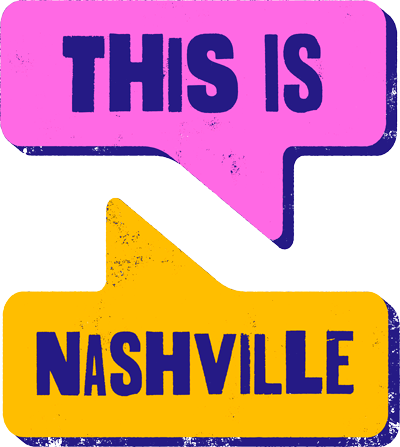
Federal housing guidelines state that housing is affordable — meaning you are not cost-burdened — if it takes up 30% or less of your gross income, including utilities.
On Tuesday’s special Citizen Nashville episode of This Is Nashville, we heard from listeners about what you consider affordable. Here are three of the top considerations that you brought up.
Finding housing in Nashville that costs less than 30% of your gross income is hard.
Several of our listeners doubted that most people could find housing they can afford in the Nashville area. One, Larry Blanz from Bellevue, asked “How in the hell can any one except the rich live in Nashville!”
“Affordable housing is a joke. As a single mom, I spend roughly 60% of my income on rent and utilities. I make too much money to qualify for assistance, and even if I did, the type of housing I’m eligible for is inconvenient for my family and employment and/or unsafe.” – Jocelyn Mariano, Bellevue
Mariano and several other listeners pointed out that 30% of their gross income might be an affordable amount for them to spend on housing but finding a place to live that falls into that category is very difficult.
“In Nashville and surrounding areas there is no such place,” Johnnie Johnson, South Nashville.
Music City is growing fast, and many longtime Nashvillians can no longer afford to live in their own neighborhoods.
Cynthia Baker was born and raised in Porter Heights in East Nashville. Her parents recently sold her childhood home, a two-bedroom built in the 1950s, for $480,000 – almost five times what it was worth when they bought it in the 1970s. The house was promptly bulldozed to make way for new development.
Baker wrote that she can no longer afford to live in Nashville and has moved to Smyrna.
“I would consider 30% of your income to be for affordable housing reasonable, but the problem is the average home in Nashville costs $400,000 while the average rent is $1700 per month. For most people that is completely out of their budget. It forces more and more middle to lower class households further and further out of Nashville but then many still have to commute in for work.” – Cynthia Baker
Baker’s experience echoes that of several other listeners who wrote to us concerned that the rising cost of housing was displacing people from the neighborhoods where they grew up.
“(Affordable housing is) where people in lower socioeconomic ranges can afford to live closer to the services they need and remain in their communities. Stop overdevelopment and gentrification.” – Elizabeth McGovern, West Nashville
Housing can’t just be affordable — it also needs to be livable.
“30% would be fine except it should also consider if the housing is reasonably close to jobs and if the affordable places are moldy or otherwise unsafe. Too much ‘affordable’ housing should probably just be condemned.” – Natalie Dowd, Nashville
Several listeners wrote to us to point out that being able to afford your rent or mortgage payment wasn’t the only factor in finding a place to live. Safety, proximity to jobs and grocery stores, access to public transportation, and green space were some of the most frequently mentioned amenities folks say are important when looking for housing.
“Housing I can afford; housing that is close to public transportation; housing close to food, especially groceries; housing that I am able to access – tall, skinny houses or apartments are problematic for some; housing that will allow you to keep your pet.” – Jet Thomas, Southeast Nashville


